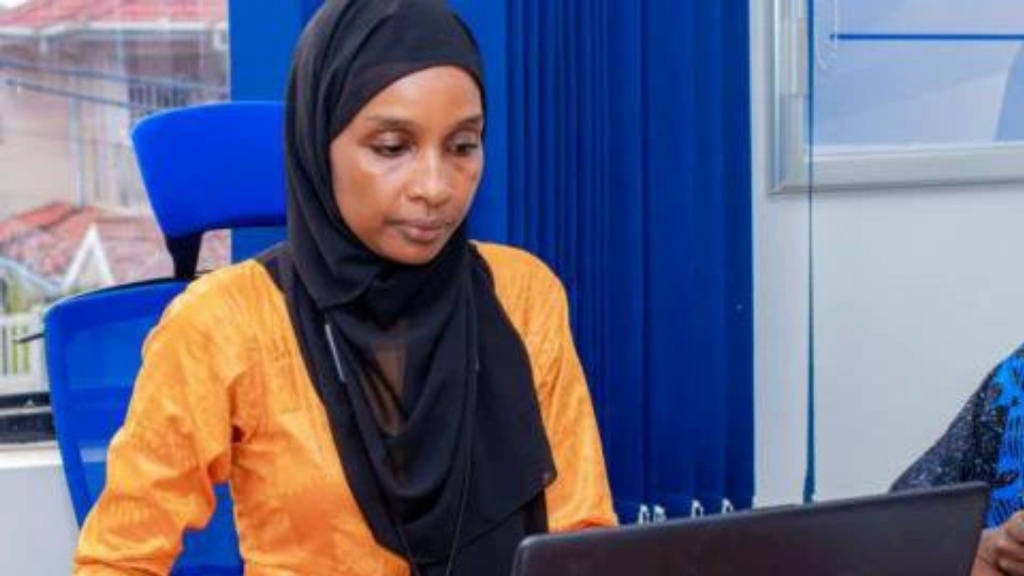Media trainer Mariama Sowe has said that research conducted by the Sierra Leone Association of Women in Journalism (SLAWIJ), found that 64% of women consulted admitted that they have been harassed.
She made this statement on the 2nd of September 2022 during a day’s Safe Sister Training on digital safety for female journalists in Freetown.
Speaking as a facilitator during the training, Sowe stated that “women journalists and activists consulted by SLAWIJ said they have personally experienced at least one form of threat, harassment, and/or violence”.
She explained that women leaders, journalists, and activists amongst others face harassment, violence, intimidation, threat, and attacks to silence them from making their voices heard, or participating in public discussion both online and offline.
She said it is therefore relevant for a massive sensitization in that area, emphasizing that elections are around the corner and that women could face such circumstances, especially online.
She made mentioned a popular female aspirant who is frequently harassed online, saying that such actions discourage women and make them shy away from certain responsibilities.
Sowe stated that when digital safe rights are not followed, it can lead to cyberbullying which has the tendency to cause online and offline violence. She, therefore, stressed the significance of understanding issues of digital safety, how to tackle cyberbullying, understanding digital rights, and how one can protect themselves from such a space.
She noted that the fight against cyberbullying is a collaborative one, stating that there is already a Cyber Security and Crime Act of 2021, and a department at the CID for cases relating to online bullying and cybercrime, but noted that there is limited knowledge on these rights. She made mention of the recent and most talked about leaked sex videos of some young ladies, noting that there are mechanisms to address such issues, but admitted awareness is low.
She then quoted the report that said: “There is extremely low awareness and understanding of the existing laws and policies that protect women from threats and violence in Sierra Leone. Women (and particularly Public-Facing Women) need training on the laws and policies that exist to protect them, in their work and in their daily lives”.
Sowe explained the relevance of not just having a password but a strong one, which should have numbers, characters, letters, and symbols that are more secure. She also spoke about the basic ways through which one can detect scams, respond to cyberbullying, and how stay safe online, among many others.
Another facilitator Lucy Emanette Alieu did a presentation on Two Factor Authentication and how one can use this process to protect their data and information online, without someone else getting access, spying, or hacking into one’s accounts
According to the SLAWIJ report: “Women have voiced their frustrations and disappointment at the failure of existing systems and laws to bring an end to the levels of sexual and other harassment that women in Sierra Leone face and endure. Further steps are highly encouraged, to ensure the effective implementation and enforcement of existing laws and policies, and to protect women (including Public-Facing Women) from harassment and abuse”.











